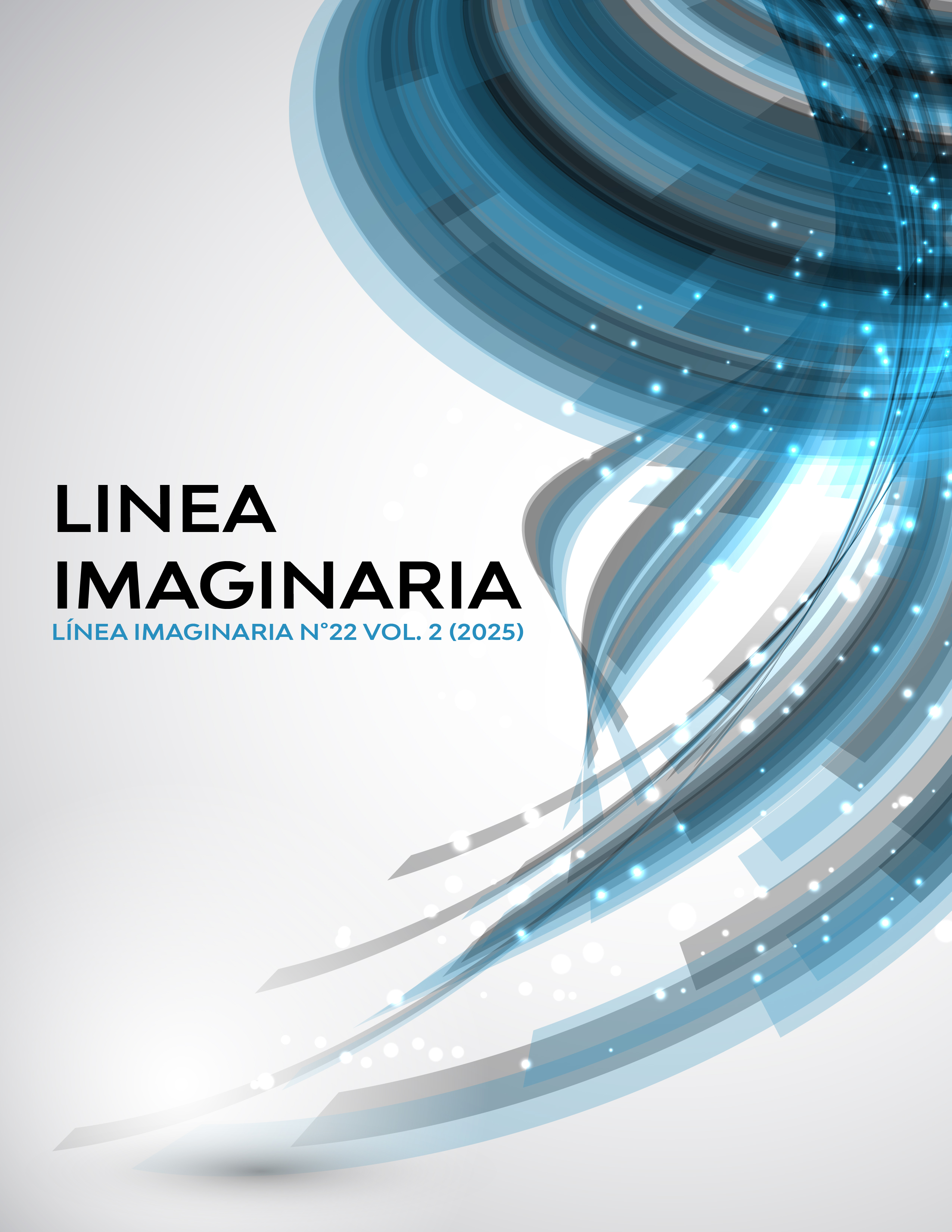COLONIALITY AND EDUCATION: BUILDING A SUBJECT OF RESISTANCE IN COLOMBIA
DOI:
https://doi.org/10.56219/lneaimaginaria.v2i22.4521Keywords:
coloniality, decoloniality, education, subject, resistance and transformationAbstract
This article aims to analyze the intersection between Quijano's theory of decoloniality of power and Mariátegui's ideas of social transformation, in order to make visible the cultural resistance that has historically been present in the Colombian educational field. Through a dialectical method, the tensions between the dominant educational model and the cultural alternatives that arise from indigenous peoples are explored, highlighting the limitations imposed by an epistemic hegemony that prioritizes Eurocentric thought. In the Colombian context, this hegemony has configured an educational system that promotes a “modern civilizational project” that favors a unidimensional vision of knowledge. The analysis focuses on how educational structures, by giving primacy to Eurocentrism, not only restrict access to and appreciation of other forms of knowledge, but also hinder the formation of a critical subject of resistance aware of their cultural heritage. Quijano's theory of decoloniality allows us to understand how colonial power is manifested in current educational policies, while Mariátegui's proposals offer a transformative approach, where education is conceived as a space for emancipation and the construction of an identity. autonomous culture. In this sense, the article invites us to rethink Colombian education as a potential space for the dialogue of knowledge, in which ancestral traditions not only have a place, but are also recognized and valued as essential components in the formation of critical citizens. In this way, we seek to make way for a pedagogy that fosters cultural resistance and contributes to the construction of a more equitable and plural society.
Downloads
References
Ausubel, D. (2000). La adquisición del conocimiento: La teoría de la asimilación cognitiva. Ediciones Morata.
Cárdenas, S., & Aguilar Bobadilla, M. del R. (2015). Respeto a la diversidad para prevenir la discriminación en las escuelas.Ra Ximhai, vol. 11, núm. 1. Universidad Autónoma Indígena de México El Fuerte, México. chrome-extension://efaidnbmnnnibpcajpcglclefindmkaj/https://www.redalyc.org/pdf/461/46139401009.pdf DOI: https://doi.org/10.35197/rx.11.01.2015.09.bc
Constitución Política de Colombia 1991
Freire, P. (1970). La Pedagogía del Oprimido. Editorial siglo XXI.
Galeano, E. (2004). Las Venas Abiertas de América Latina. Siglo Veintiuno Editores. México. chrome-extension://efaidnbmnnnibpcajpcglclefindmkaj/https://www.corteidh.or.cr/tablas/r31206.pdf
Mariátegui, J. (1976). 7. Ensayos de interpretación de la realidad peruana. Caps.: “Esquema de la evolución económica”, “El problema del indio”, “El problema de la tierra”- Lima: Amauta.
Mariátegui, J. (1986). Ideología y política. Caps: “I. Tesis ideológicas. El problema de las razas en América Latina”, “II. Escritos políticos y sindicales”, y “III. Motivos polémicos”. Lima: Amauta.
Mariátegui, José Carlos (1976). 7. Ensayos de interpretación de la realidad peruana. Caps.: “El factor religioso”, “Regionalismo y centralismo”, y “El proceso de la literatura”. Lima: Amauta.
Jaramillo, D. (2007). “La resistencia comunitaria: una forma integral de ejercicio del poder”. Archivo digital.
Jaramillo, S. D. (2009). “Ciudadanía en la resistencia comunitaria”: VI Congreso Internacional de Pensamiento Latinoamericano. 4, 5 y 6 de noviembre de 2009. Pasto: Universidad de Nariño. Documento trascrito en CD
Jaramillo, D. (2010). “Resistencia comunitaria y utopía”, 2010. II Congreso de Ciencia Política. ACCPOL. Barranquilla, julio 21-24. Universidad del Norte. Documento trascrito en CD.
Quijano, A. (2014). Cuestiones y horizontes. Antología esencial. De la dependencia histórico-estructural a la colonialidad/descolonialidad del poder. Caps: “colonialidad del poder y clasificación social”. “El ‘Movimiento indígena’ y las cuestiones pendientes en América Latina”. “La estética de la utopía”. “¿Bien vivir? Entre el ‘desarrollo’ y la descolonialidad del poder”. Buenos Aires: CLACSO.
Downloads
Published
How to Cite
Issue
Section
License

This work is licensed under a Creative Commons Attribution-NonCommercial-ShareAlike 4.0 International License.
La revista Línea Imaginaria conserva los derechos patrimoniales (copyright) de las obras publicadas, que favorece y permite la reutilización de los mismos bajo la licencia Creative Commons Atribución-NoComercial-CompartirIgual 4.0 , por lo cual se pueden copiar, usar, difundir, transmitir y exponer públicamente, siempre que se cite la autoría y fuente original de su publicación (revista, editorial, URL y DOI de la obra), no se usen para fines comerciales u onerosos y se mencione la existencia y especificaciones de esta licencia de uso. Si remezcla, transforma o crea a partir del material, debe distribuir su contribución bajo la misma licencia del original.














